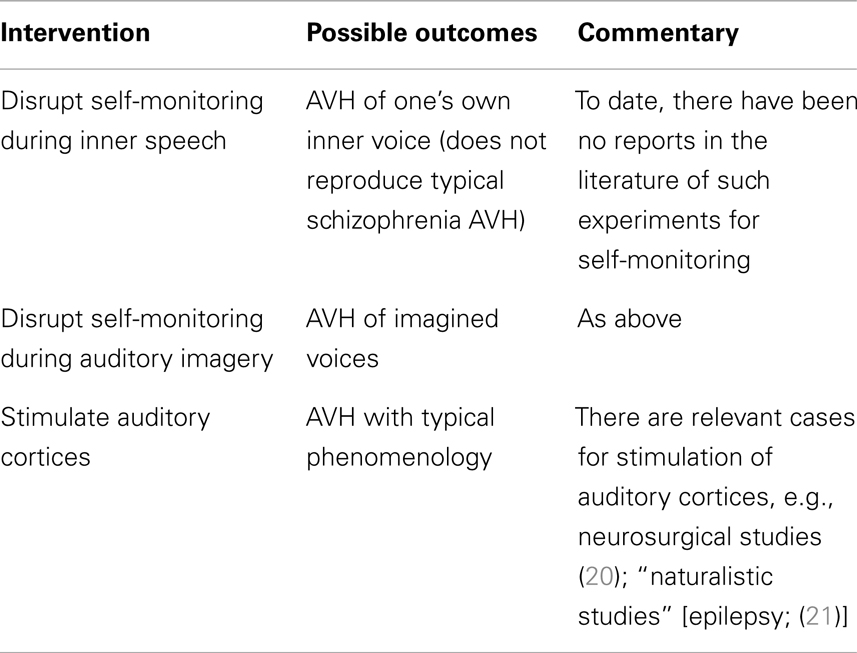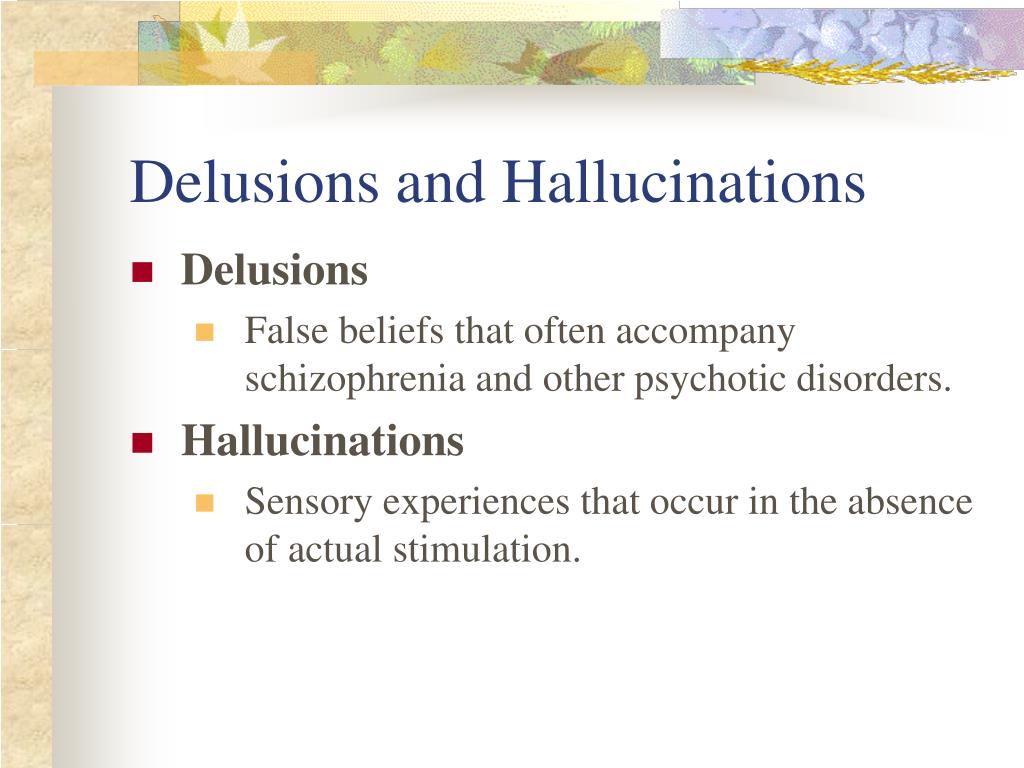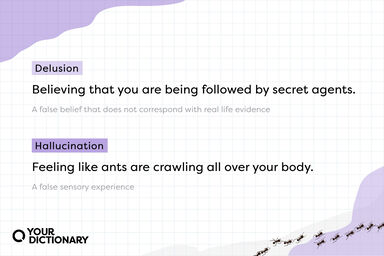
METHOD 102 consecutive patients diagnosed with strictly defined Parkinson's disease were examined for the presence of hallucinations and delusions and assessed for visual acuity, cognition, depression using the geriatric depression scale, disease severity as measured by the UPDRS, and other clinical variables. In addition, the role of the visual system in relation to visual hallucinations was examined. Lea sobre este tema en español.OBJECTIVE This study was undertaken to determine the prevalence of hallucinations and delusions in Parkinson's disease, to describe such symptoms phenomenologically, and possibly to determine factors associated with their development. Find out if someone is trying to abuse or steal from the person with Alzheimer’s.

There are people who take advantage of weak and elderly people. For example, talk about a photograph or keepsake.Īlso, keep in mind that someone with Alzheimer’s disease may have a good reason for acting a certain way.
Search for things to distract the person, then talk about what you found. Explain to others that the person is acting this way because he or she has Alzheimer’s disease. Use gentle touching or hugging to show you care. Let the person know that he or she is safe. Try not to react if the person blames you for something. Here are some tips for coping with paranoia: The person may blame or accuse others because no other explanation seems to make sense. Paranoia may be the person’s way of expressing loss. The person may think you are trying to trick him or her. He or she may believe that strangers will be harmful. People to whom the person has been introduced. Someone with Alzheimer’s might not trust you if he or she thinks you are a stranger. The person may believe that someone is taking his or her things. For example, the person may become paranoid if he or she forgets: 
It can become worse as memory loss gets worse. In a person with Alzheimer’s disease, paranoia often is linked to memory loss. Make sure the person is safe and can’t reach anything that could be used to hurt anyone or himself or herself.Someone with Alzheimer’s may think these events are happening in the room.
#Hallucination vs delusion tv
Turn off the TV when violent or upsetting programs are on.

Sometimes moving to another room or going outside for a walk helps. Comfort the person if he or she is afraid.
Try not to argue with the person about what he or she sees or hears. Sometimes an illness or medicine may cause hallucinations or delusions. Discuss with the doctor any illnesses the person with Alzheimer’s has and medicines he or she is taking. Here are some tips for coping with hallucinations and delusions: The following tips may also help you cope with these behaviors. Medicines are available to treat these behaviors but must be used with caution. An illness or medication may cause these behaviors. If a person with Alzheimer’s has ongoing disturbing hallucinations or delusions, seek medical help. Paranoia is a type of delusion in which a person may believe-without a good reason-that others are mean, lying, unfair, or “out to get me.” He or she may become suspicious, fearful, or jealous of people. For example, the person may think his or her spouse is in love with someone else. Delusions are false beliefs that the person thinks are real. For example, a person with Alzheimer's may see children playing in the living room when no children exist. Hallucinations involve hearing, seeing, smelling, or feeling things that are not really there. 
Due to complex changes occurring in the brain, people with Alzheimer's disease may see or hear things that have no basis in reality.








 0 kommentar(er)
0 kommentar(er)
